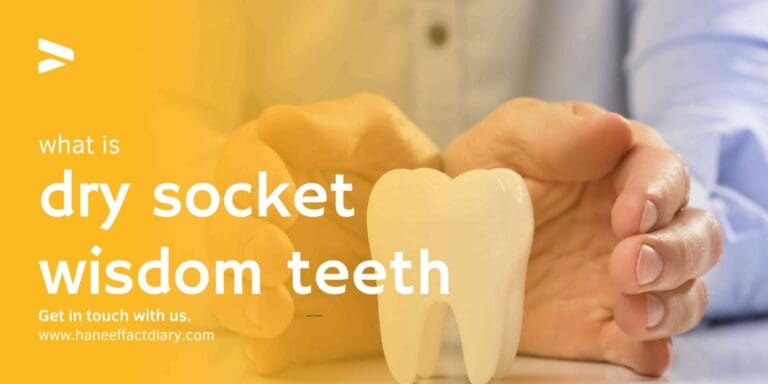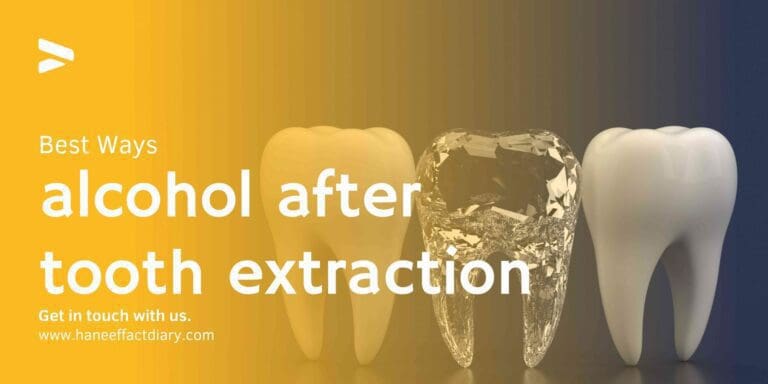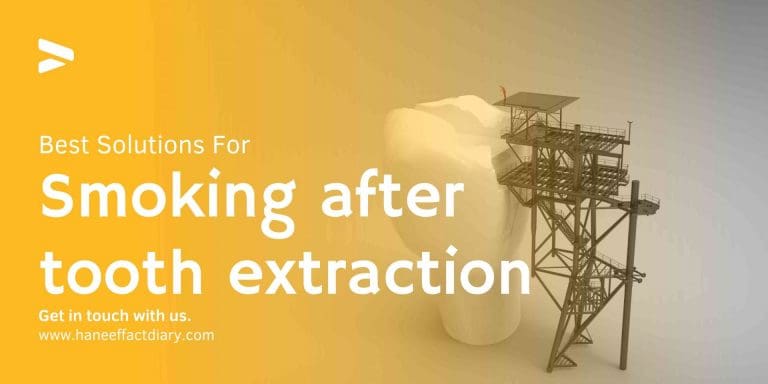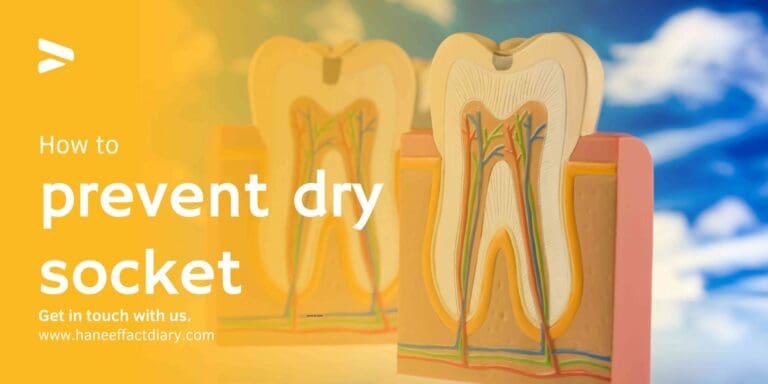Can I smoke after tooth extraction with stitches? Does smoking affect stitches?

Smoking after tooth extraction with stitches, After undergoing major oral surgery One of the first things that a dentist will advise you to take is stop using tobacco. Alongside tobacco use dentists also suggest that you do not chew on food that is extremely hard and also to avoid drinking using straws.
If you’re a regular smoker it is difficult to quit using cigarettes, even when just for a short period of time. It is strongly advised to avoid the use of tobacco and to avoid using tobacco for at minimum 72hrs following the tooth extraction.
If a patient is undergoing the procedure of extraction dentists will seal up the site of the extraction by using dissolvable internal stitches. If a patient decides smoke, or do any of the activities that are listed above, they’ll be at risk to break the stitches. When something blocks the stitches, healing can be delayed and result in complications during healing.
Lone Tree Dentist Baer Dental Designs recommends that you abstain from smoking cigarettes will be required for a long period of time should this happen.
Why Do I Need To Stop Smoking After A Tooth Extraction?
Most patients don’t know that smoking tobacco is among the most effective methods of slowing down the healing process following the extraction of a tooth. There are chemical toxins found in cigarettes and chewing tobacco that could slow down the healing process overall.
Along with the chemical compounds that are in tobacco, they do not help, as well as the action of sucking on a cigarette can be ideal for wounds that are open following a tooth extraction.
Smoking cigarettes can lead to the removal of blood clots that have formed. These blood clots will be required to allow the site of extraction to fully heal. It is the very first stage of healing. If it’s disrupted and weakened, it can slow the healing process.
These activities can trigger various problems, ranging from slowing recovery, to an increased chance of developing infections as well as dry sockets. Dry sockets can cause discomfort across the face and cause severe irritation, bad breath and difficulty open the mouth.
A lot of dentists will tell you that this is a great beginning to quit smoking if the patient is planning to do so in the near future. It isn’t easy to quit smoking, but should there be a valid reason to speed the healing process following oral procedure, why not try?
Following a tooth extraction surgery for example, like extraction of wisdom teeth which aren’t growing over the gum line The healing process needs to be taken care of. Smokers shouldn’t keep smoking cigarettes following the procedure particularly since there is the possibility that they will interfere with or disrupt the healing process of the surgical area.
If the cause of infection is issues with healing, it can be extremely painful and result in an inability to heal process.
Following a tooth extraction is advised to stay clear of any tobacco-related products for at minimum 72 hours. This is the minimum recommended duration. But, it could be extended if you prefer to heal faster after the procedure.
If you smoke and are scheduled for an dental extraction in wilmington You must think about your use of tobacco prior to and shortly after the procedure. It isn’t easy to consider the need to quit smoking for longer than one day, smoking cigarettes after major surgery can be detrimental to the healing.
There may be swelling and in pain due to the procedure, and all you want is a quick puff. A little preparation and attention will make those three days to go by faster.
When the dental surgeon or dentist removed your tooth area in which the tooth was was once located is a source of blood clot. The blood clot acts as a scab on your gums, protecting the jawbone as well as nerve endings and assist in helping the area to heal.
Like a scab which falls off too fast and prevents the skin’s healing process and repairing itself, if an clot of blood is removed too quickly, the socket may become dry. A dry socket slow down the heal process of the tooth, it could also cause discomfort to that your mouth already feels.
If you smoke cigarettes, cigars, and electronic cigarettes then you are at risk of developing dry socket. The nicotine in cigarettes causes the body to lose blood circulation efficiently and also reduces the blood’s oxygen levels.
Both affect the healing process. The ingredients in all tobacco products can bring foreign substances into the wounds in your mouth. This can cause dangerous and avoidable infection.
Inhaling and smoking a cigarette may cause blood clots to be removed from where it was. Dentists advise patients against drinking straws following surgery, so electronic cigarettes aren’t the best choice over regular cigarettes. In addition, if you don’t have any stitches on the site of extraction, inhaling cigarettes can result in dry socket.
To ensure that the healing of your mouth is as quick as you can and not experience the pain that stings across your face as a result of an untreated socket taking your smoke for a minimum of up to 72 hours is the best option.
In the two weeks leading up to the surgery, you might be able to reduce your use of tobacco. This will allow your body to gradually adapt to lower nicotine levels as you change your habits, and let your body improve its healing without nicotine negatively impacting the healing process as heavily.
Some dentists also encourage their patients to think about using the dental procedure as a reason to stop smoking completely, however this isn’t always an efficient argument. When your procedure is nearing and you realize that you’re not completely ready to quit smoking together, you can get nicotine patches to take advantage of immediately following the surgery.
For the first 72 hours following surgery you must only apply an nicotine patch. If you’re ready to smoke again be sure to inhale as slowly as you can. If you’re certain you’d like to smoke again following your surgery, consult an oral or dental surgeon or dentist to place stitches to close the area of extraction.
The stitches will assist in keeping the blood clot from forming and will keep you well-being and comfortable. If you do decide to smoke, you should keep a gauze piece on the site of your extraction to stop anything from getting in the gums. As you’re still healing from the procedure be sure to avoid chewing tobacco or nicotine gum and ensure that you speak with your dentist prior to using them following surgery.
Do your wisdom teeth beginning to cause discomfort? Are you ready to get them extracted? While wisdom tooth extraction is relatively simple however, the process can be difficult for smokers. It’s tempting to smoke cigarettes after an extraction of wisdom teeth. But be aware that smoking cigarettes could expose you to an uncomfortable condition known as dry socket.
This article will discuss the wisdom tooth procedure as well as what to expect, and the reasons it’s needed. We’ll also cover all the information a smoker should be aware of prior to undergoing the procedure. Although most people are aware that smoking cigarettes can be harmful to your health, it isn’t a guarantee that it’s easy to stop.
If you’re an avid smoker who needs to get your wisdom teeth removed it could be the perfect moment to stop smoking and kick the habit permanently. If you’re unable to stop however, you must consider getting the wisdom teeth extracted.
WISDOM TEETH EXTRACTION PROCEDURE
The process of having a wisdom tooth removed is different from pulling a tooth. Wisdom teeth are situated in the rear of the mouth. This is where the tooth is more difficult to reach. Removal of a wisdom tooth can be more of a procedure rather than an ordinary extraction. The dentist will make an incision on the gum line and the dentist will gently remove the tooth and suture the wound following.
REASONS FOR A WISDOM TOOTH EXTRACTION
Wisdom teeth were previously required to aid us in chewing harder food items. As time has passed, this function has been less important and our mouths have changed to accommodate this, and the area where wisdom teeth are able to move into has gotten smaller, often too small to fit the teeth.
If patients have small spaces the issue of crowding could become an issue. It can be extremely painful and cause unsightly and uncomfortable alignment issues. The majority of dentists advise patients to get their wisdom teeth removed in the event that they cause painor discomfort or if there’s no space for them to move into.
SMOKING AFTER REMOVING WISDOM TEETH
Okay, so you’ve taken the decision to proceed with the wisdom tooth removal. However, you’re hesitant about giving up smoking cigarettes. Smoking in the aftermath of any oral procedure increases the risk of developing certain complications.
We recommend quitting smoking before surgery is the most beneficial thing a patient could do not only for their oral health , but the procedure, but also for their overall health, too.
WHAT HAPPENS IF YOU SMOKE?
Following wisdom tooth surgery, when you smoke a cigarette, the first thing you’ll feel is severe discomfort. We suggest that patients stay clear of smoking straws due to the same reason. first thing you should not do following the wisdom teeth surgery, is to to cause suction inside your mouth.
The suction can pull over the wound, causing some discomfort and pull away the sutures. As well as the pain caused by smoking, smoking can hinder the healing process.
Smoking after tooth extraction with stitches, WHAT ARE THE RISKS?
The greatest risk for smoking cigarettes following an extraction of wisdom teeth is a condition known as dry socket. If you’ve had a discussion about the wisdom tooth removal with someone who’s had surgery, then they could be aware of a few things about this issue. In the normal setting, after the tooth has been extracted there will be a blood clot that will appear within the socket.
This is an excellent thing and is a part natural healing. Dry socket happens where the blood clot does not form, or is separated before it heals. In this case then all nerves underneath the tooth are exposed which can result in a painful situation.
Smoking cigarettes, suction may pull the blood clot away or deter it from creating. While non-smokers are susceptible to the condition dry socket is more common among smokers.
HOW LONG BEFORE YOU CAN SMOKE AGAIN?
While we strongly suggest that patients not smoke, we are aware that for the majority of smokers, quitting smoking is difficult. If you decide to smoke following having wisdom teeth removed, we would recommend waiting at least 72 hours.
This allows for the tooth socket to heal and decrease the chance of suffering complications. It has been observed that a lot of patients do not want to smoke right after the procedure because taking a cigarette from a cigarette could be uncomfortable.
Also Read:
Best Ways to Prevent Dry Socket 2022
Best Ways to Dry Socket Identification, Treatment 2022
what is dry socket wisdom teeth 2022
How to prevent dry socket 2022
Best Ways to Know how many teeth do humans have 2022
CONCLUSION
The wisdom teeth extraction is a common procedure however it’s not something that people would describe as enjoyable. In addition, if you aren’t capable of enjoying a habit that you’ve been doing for a long period of time which can cause an extraction to be one you’re likely avoid.
However, if you’re experiencing discomfort in your wisdom teeth it’s a matter to take care of earlier instead of later. The possibility of getting infected, harm to the other teeth, as well as problems with alignment that may occur with time, are all important issues to be avoided – regardless of whether you’re smoking cigarettes.
Smoke with stitching in your mouth?
Do I need to quit smoking or drinking alcohol? Do not smoke during the first 72 hours because smoking may slow healing and affect the formation of blood and increase the chance of developing post-operative infections. It is recommended not to drink alcohol for the first 24 hours following the procedure.
The quick answer is definitely not. Let’s take a look at the process involved in the tooth extraction in dayton Ohio first, and then examine to see how it heals. After we have done that, we can determine the danger aspects that smoking cigarettes can bring to the process of healing.
The Logistics Of A Tooth Extraction
The first thing to remember is that removing a tooth is not something your dentist will ever want to do. They’re trained to do all possible to help you maintain the natural teeth you have. If you’ve been involved in an accident which caused injury to a tooth, there is no other option but to extract the tooth, which isn’t in the original plan.
If you suffer from an abyss, deep cavity, or an advanced gum disease, any of these causes could cause the removal of your tooth.
The Deliberate Healing Process
There are two ways to remove a tooth. The tooth is either pulled, or if it is affected, oral surgery is done to take the tooth. Take a moment to imagine the outcome. A damaged tooth is creating a gap in the gum line. A tooth that is affected may require sutures to seal the hole up. In any case bleeding is likely and your dentist will need to use tension and gauze to stop bleeding.
A blood clot eventually develops. It is essential to recognize that the blood clot serves as the tool or vehicle that will aid in the healing process. It is important to follow the steps to shield that blood clot. Smoking cigarettes does nothing but damage the blood clot.
The Negative Implications Of Smoking On The Healing After A Tooth Extraction
Smoking cigarettes can cause problems to the new blood clot. Your first set of guidelines is to wait for at least 24 hours prior to smoking cigarettes. The sucking action may remove the clot, and you’ll be back at the beginning. If the clot gets removed, you’ll experience a painful and uncomfortable result, which is known as dry socket. You don’t want to feel this pain.
Smoking cigarettes can cause infection and delay the healing process. In fact, the American Dental Association states that the healing process will take longer because of the reduced supply of blood to the site of extraction due to smoking. Tobacco products have proven to be harmful to the dental extraction area. The tobacco products also slow healing and increases the risk of infections.
Let The Healing Begin
There are many other factors that contribute for healing quickly and on time. You should refrain from vigorous physical activities for 24 hours, as being mindful of avoiding alcohol as well as hot drinks. The issue is blood clots do you remember? It is important to not scrub the site of the extraction while brushing your teeth.
It is also recommended to beware of foods that can help dislodge the clot. The act of sucking any drink through straws is not recommended also. It’s just as dangerous as smoking a cigarette. If you’re seeking reasons to stop smoking cigarettes, begin with the moment of the extraction of your tooth.
The short answer isn’t immediately and it is best to defer smoking cigarettes following the dental extraction, savage for as long as is possible. For people who are regular smokers it is extremely uncomfortable and unsuitable to stop smoking after a tooth extraction. While quitting smoking nicotine can be painful, the effects of smoking near the sites of extraction are more painful and uncomfortable.
Although it may not seem as if smoking cigarettes is too harsh or hazardous, the constant inhaling and sucking actions will strain your mouth.
The most common issue resulted from smoking is the suction action that occurs within the mouth to take in the smoke. The suction may cause blood clots to break loose to aid in healing the wound caused by the extraction. The blood clot forms as a scab over the area of the mouth.
If the blood clot isn’t long enough to cover the wound, the area is exposed to drying out or infected. A cut or wound that is not closed within your mouth may cause bad breath.
The other issue that is raised through smoking is the exhalation of smoke. The smoke exhalation can cause blood clots to dislodge and cause dry socket. Dry sockets are generally painful and causes pain and delays healing. The discomfort caused by the dry socket radiates out from the socket to the jaw, as well as throughout the rest of the face. You might find it difficult when you open or close your mouth if you’ve got an empty socket.
The third concern that comes up when smoking cigarettes is the smoke. The smoke isn’t inhaling or exhaling air as normal, but the smoke is made up of several additives and chemicals. Certain chemicals, such as nicotine, can be stimulants. They may cause an increase in swelling and bleeding. Nicotine can also reduce the oxygen levels in the blood . This is a crucial part of healing from injuries.
Refraining from smoking cigarettes in general is healthier in terms of your health and dental and your overall health. However, it’s especially crucial after the extraction of teeth or, when wisdom teeth are involved multiple extractions of teeth. Talk to your dentist about smoking habits prior to your extraction and after your dentist recommends that it is appropriate to resume your use.
In most cases waiting until the extraction site heals is the best alternative to stop. If stopping or waiting until healing process is fully underway is not an option for you wait at least 72 hours or for a full three days after the procedure is safe.
The best way to save yourself some time between the cigarettes and your extraction are engaging in new habits that keep your hands busy , like crocheting or knitting and then by using nicotine patches. Nicotine gum or vaping equipment are not a good choice to replace smoking.
Nicotine gum can be a bit hard on the jaws due to the chewing process and adding nicotine to your mouth while there’s an open cut does not help in healing and reduce inflammation. Vaping machines use the same strategies that smoking cigarettes or a cigar rely on , and so might lessen some of the other substances in your mouth however they don’t stop the actual sucking or exhaling which can be hazardous.
The reason you shouldn’t smoke following an extraction of your tooth
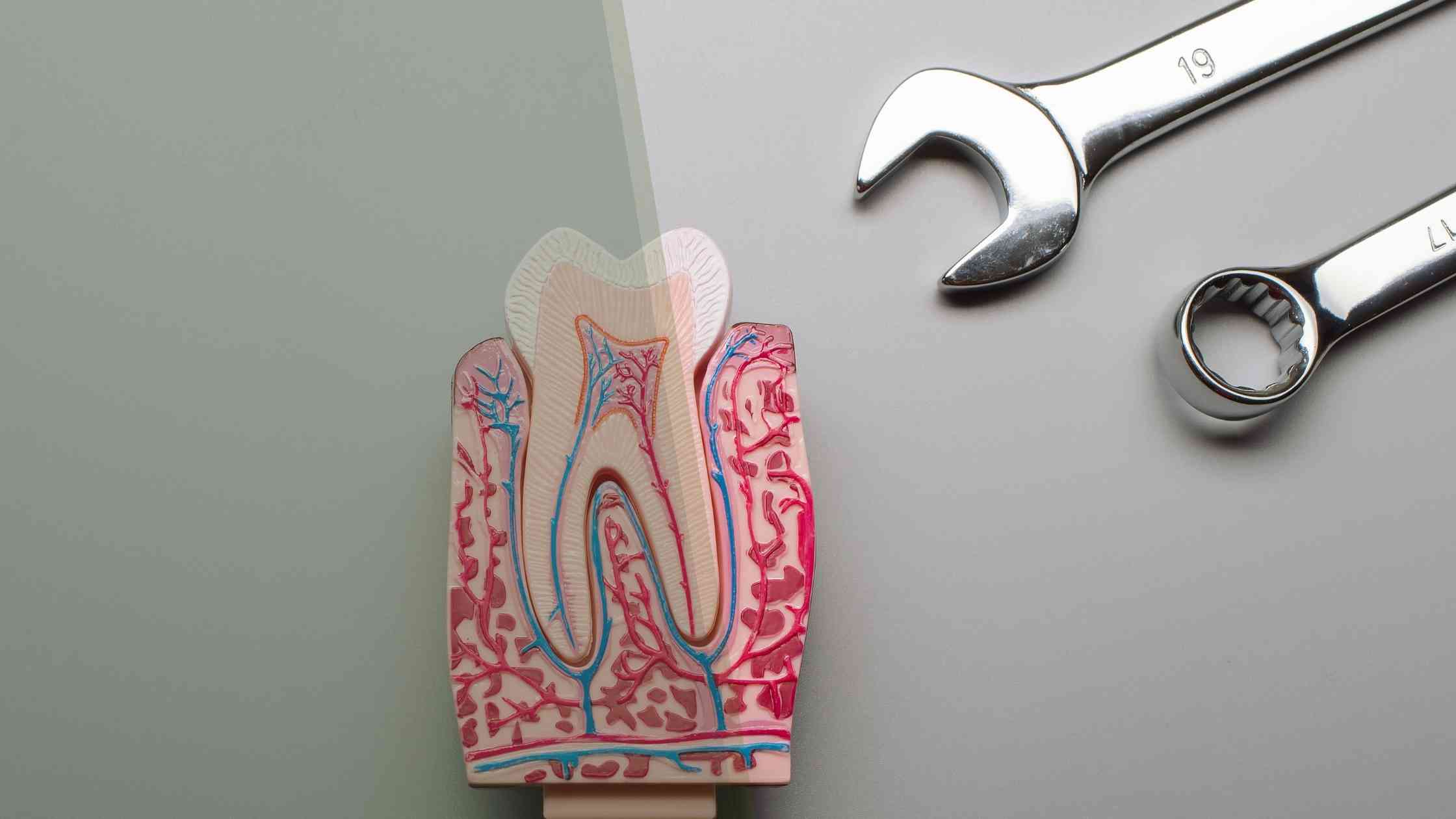
Smoking cigarettes generates heat from smoke, as well as numerous chemicals that could harm your gums, teeth, and the oral tissue.
If you’re a smoker, you’re probably aware of the negative effects staining smoking causes on teeth, however the harm caused by smoking cigarettes can be much deeper than the surface. Another threat from smoking cigarettes for oral health is the risk of developing oral diseases.
Particularly after having teeth pulled, smoking cigarettes smoke can cause discomfort at the tooth extraction area. In addition, it slows the healing process and makes the patient more susceptible to complications and infection.
Blood flow is another important element in healing. Smoking causes blood oxygen levels to drop However, oxygen in blood is vital for healing.
What causes smoking to cause dry sockets?
There is a direct connection with smoke and Dry socket. It’s because when you experience an extraction, a portion of healing requires an encapsulation of blood near the area of the extraction. The blood clot prevents more blood from leaving the site, and helps to protect against infection, and helps make certain that the wounds from your extraction are healed.
The ability to stop bleeding following an extraction is crucial for quick healing.
Any interruption in this clot, such as breaking up or falling out can lead to dry socket. Dry socket can be an unpleasant experience due to the bone underneath the site of extraction becoming exposed. It should be treated promptly to avoid further pain and infection.
So, how can smoking cause dry sockets?
The suctioning and sucking actions used to remove smoke from your cigarette could cause blood clots to leak out from its the. Similar risk is present in vaping or drinking through straws.
How long do I have to stop smoking?
When is it safe to smoke cigarettes following tooth extraction?
The majority of dentists advise that you avoid smoking tobacco for at minimum 72 hours after having your wisdom teeth extracted, or not. That’s three days. This is the minimum period of time that is needed for blood clots to form and to get the healing process going.
After three days, it becomes considerably more difficult for smoking suction action to dissolve blood clots but it’s still possible.
Additionally, each patient is unique. If you are concerned that you’ll be unable to quit smoking cigarettes after having the tooth removed, talk with your dentist to determine the appropriate time for you.
You may discover that your dentist suggests you take a longer time to smoke in the event of numerous extractions as well as wisdom tooth extraction. Learn more in our post on what to do and not do after the extraction of a tooth.
Smoke for in the 24 hours following tooth extraction?
If you’re luckyenough, your dentist may suggest that you need to quit smoking for at least 24hrs following the extraction. But, they’ll advise you to stay for the full 72 hours.
If you smoke within 24 hours, you’re placing yourself at a more risk of complications that can lead to delayed healing, more discomfort, infection and of course, that dreaded dry socket.
What is the length of time I need to be patient to smoke after tooth extraction?
Vaping is the same like tobacco smoking. It is recommended to wait at least at least 72 hours or 3 full days following the extraction of your tooth before you start smoking again. If you do anything less, you greatly increase the risk of having a dry sockets and other problems such as increased pain, infections or delayed healing.
How do you smoke after tooth extraction?
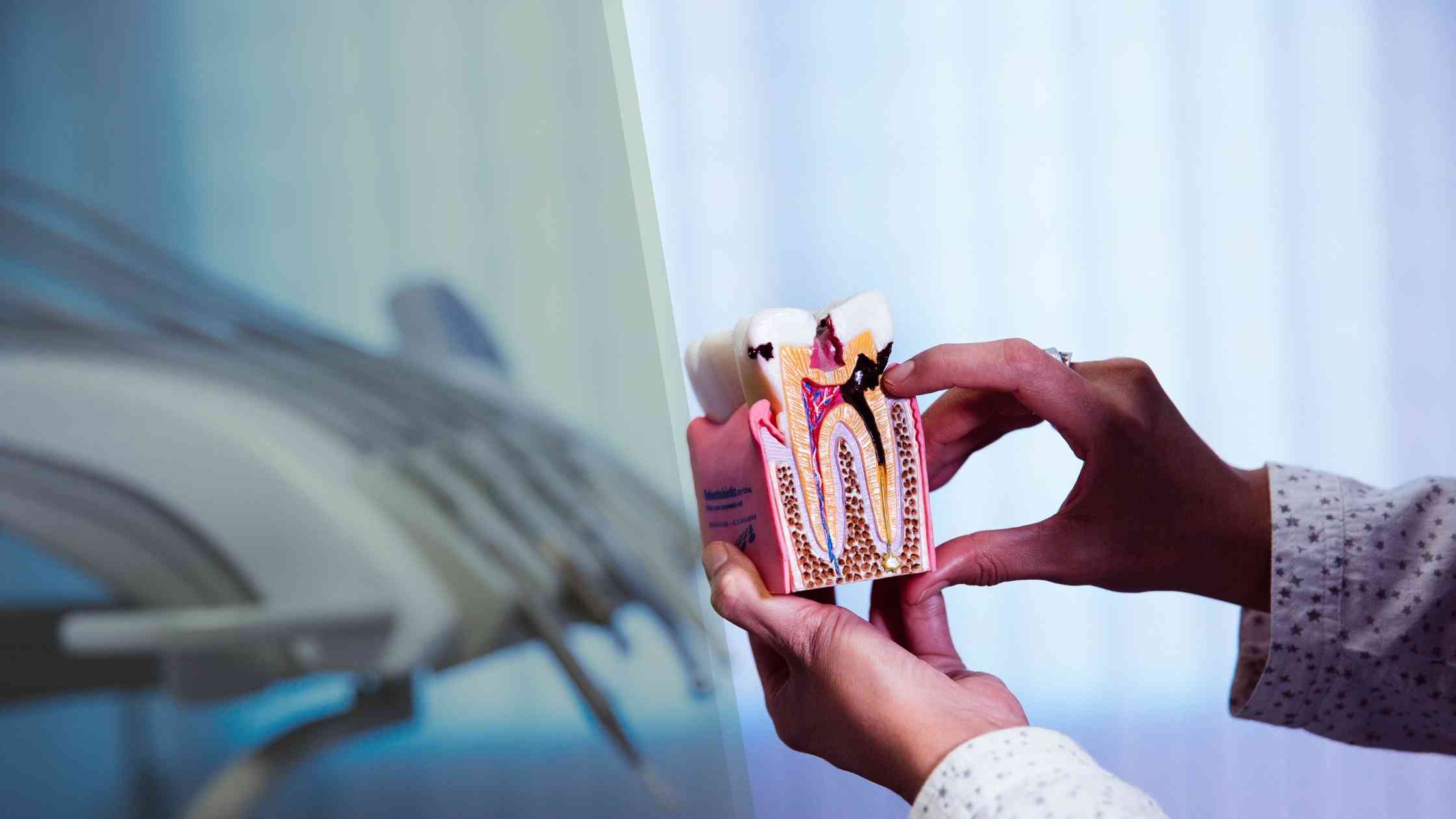
The answer is straightforward not to do it. If you think smoking cigarettes is a must before the minimum twenty-four hours (only to be used for small extractions) is up following your procedure, it is time to talk to your dentist.
While you wait, try the best you can to live with nicotine patches , and take your time with your favourite things (besides smoking, of course! ).
If you are certain that you’ll want to smoke following surgery it’s a good idea to talk with your dentist about sewing the site of the extraction closed to help to keep the blood clot in place.
Do I smoke after a tooth extraction using gauze?
Smoking cigarettes after tooth extraction using gauze isn’t permitted for those first 24-72 hours following tooth extraction. But, if you decide to return to smoking cigarettes gauze is a must. Your dentist might advise you to apply gauze to the area of extraction to stop dry socket.
How to avoid dry sockets while smoking
If you’re thinking what you can smoke following tooth extraction without causing dry socket Unfortunately, there’s no definitive answer. Here are some suggestions that may aid:
- Try nicotine patches
- You must wait at least 48 hours after the extraction before you can start smoking again
- If you decide to begin smoking, ensure that you inhale slowly and with a gentle force
- Do not use cigarettes or chewing tobacco for substitute
- Avoid smoking for until you are able to.
- Your dentist should stitch the site of extraction
- Place gauze on the extraction site
The video below was made for smokers by an ex-smoker. It’s a straightforward explanation of how you can take proper care of your teeth and the best time to smoke once you’ve had the tooth removed. He discusses the challenges of not smoking cigarettes after having a tooth pulled.
He also provides suggestions on how to stop smoking immediately following the extraction. He advises against smoking during the first 6-10 hours. He warns that when you smoke the suction can pull blood clots out, and you’ll suffer from dry sockets and may contract infections.
This video isn’t intended to be an official recommendation or advice, but rather a look at how a smoker copes with the process in a realistic manner. This is not a recommendation however, you should consult with your dentist when you suspect that you’re likely to be required to smoke.
If you’ve recently suffered a tooth extraction that was major You might be thinking whether it’s okay to smoke cigarettes following the procedure? If you’re an avid smoker, delay of a couple of hours can be extremely difficult. But it’s important to be aware that smoking cigarettes directly following a tooth extraction could more than double or triple the healing duration.
cigarettes are made up of chemicals and toxins that could slow the healing process tremendously. Smoking cigarettes following tooth extractions can result in some complications after surgery that can be difficult to overcome as well.
The toxins emitted by cigarettes smoke may cause gum inflammation, smoking cigarettes can cause irritation to the gums surrounding the site of extraction and cause swelling and pain (pain which can be prevented by refraining from smoking).
Smoking too much following an extraction may cause a problem known as dry socket. Dry sockets may cause difficulty opening your mouth and cause severe discomfort on all sides of your face, and also release an unpleasant smell in the mouth.
Following a tooth extraction the healing process will begin as blood clots begin to form to help you heal. Smoking tobacco could release these blood clots before they can begin any kind of healing. If blood clots do not cease to get rid of and heal, time for healing will increase. Eliminating blood clots is prevented by not smoking or drinking through straws or similar.
When Can I Smoke After A Tooth Extraction?
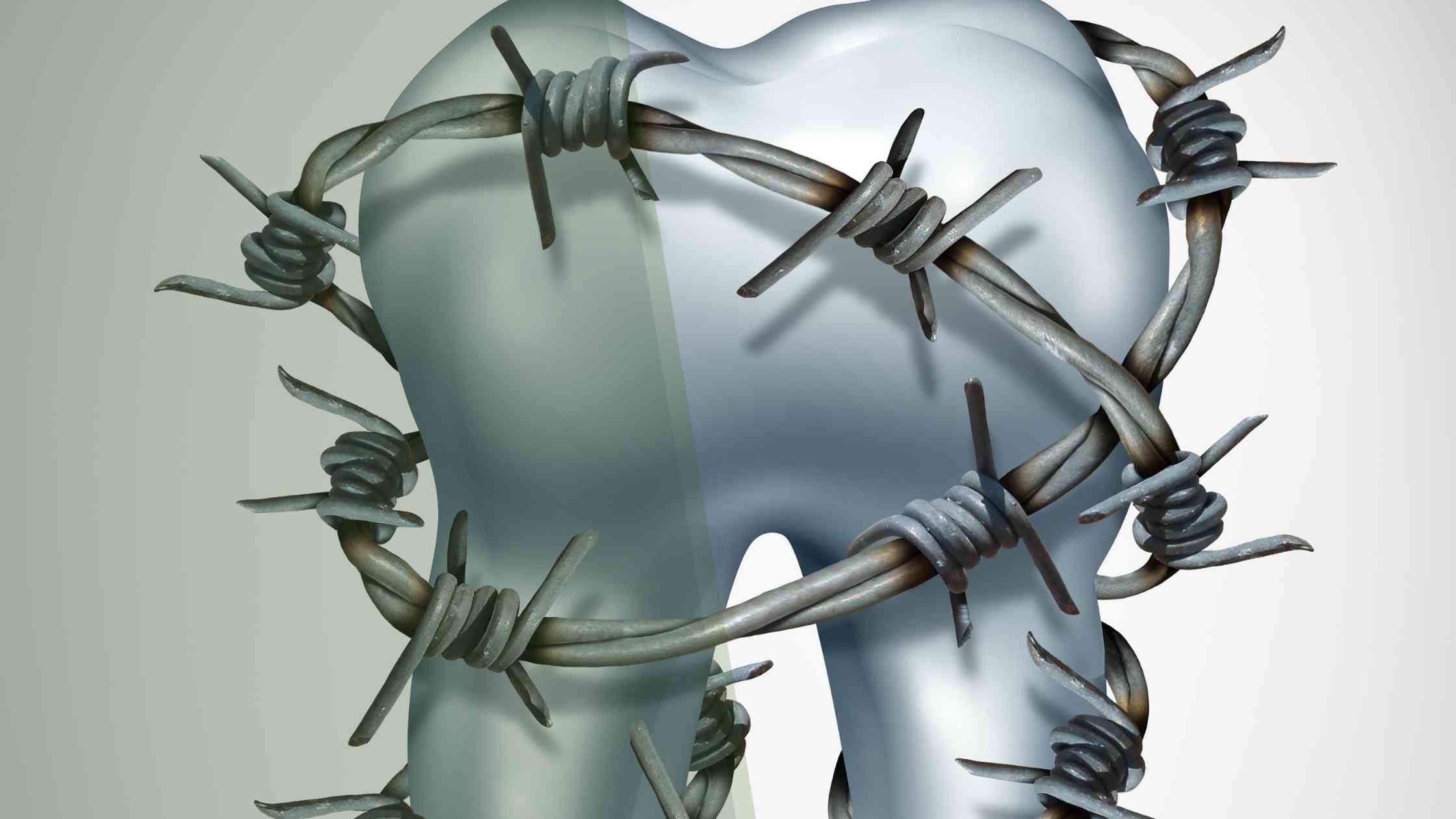
The above-mentioned outcomes can be prevented simply by not smoking cigarettes following the extraction of a tooth. If you’re a smoker who is a regular it is important to determine the most secure time period to avoid having your first cigarette following surgery.
While smoking cigarettes is not recommended, if required, dentists typically recommend that you refrain from smoking for at minimum 72 hours or three days. This time of healing will allow blood clots form and begin the process of healing fairly quickly and it will be less difficult to stop this process after three consecutive days.
Discuss with your dentist regarding the timeframe that would be the best for your needs. The standard wait time begins at three days however, it could take longer in the event that you’ve had several surgeries (like wisdom tooth extraction). Follow the recommendations of your dentist to ensure that the healing process is smooth.
If you’ve had an extraction of a tooth and you are suffering from tooth loss, it is an ideal time to start your strategy to stop smoking. If you’re forced to quit smoking due to medical reasons, it may be easier to and not smoke again shortly following the procedure. If not, you should be certain to quit smoking for at least the recommended period mentioned above, or the time that your dentist suggests.
Also, the healing process will differ based on your body’s constitution and the extent of surgery that is performed. Avoid smoking cigarettes or two to delay this healing procedure. You can ensure the health of your teeth (and of your entire body) by not smoking cigarettes following an extraction.


